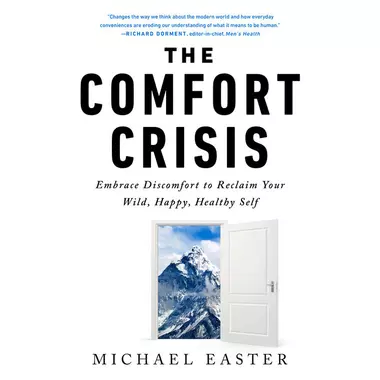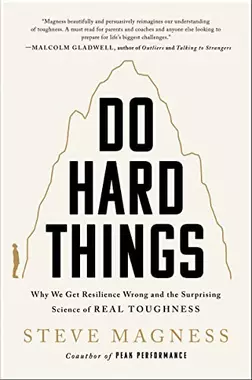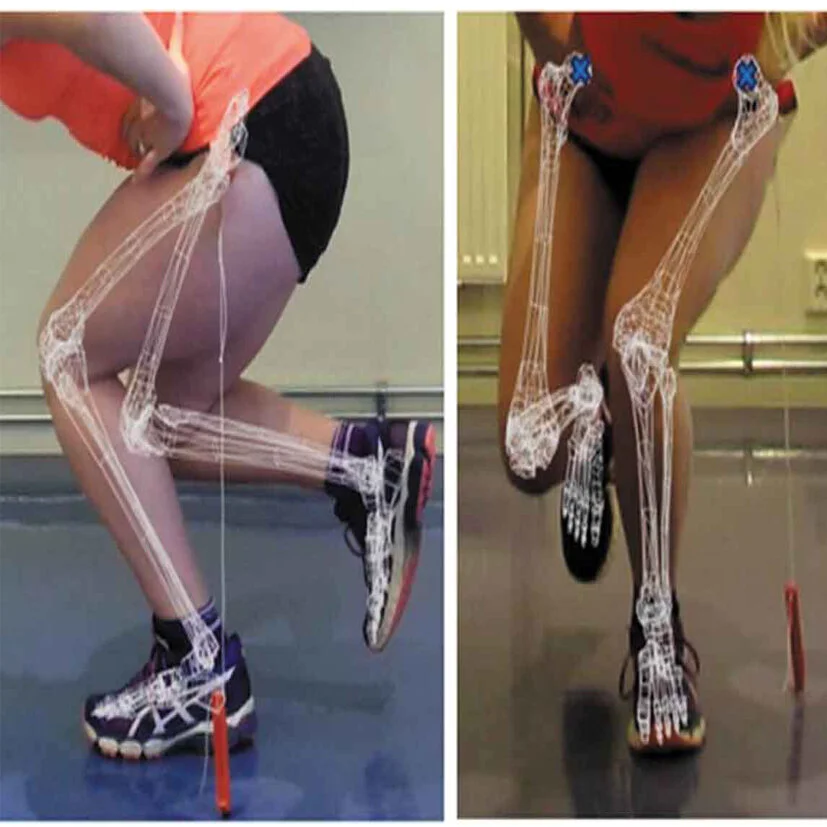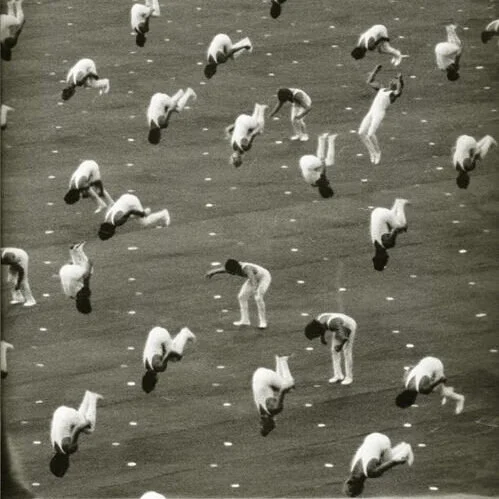How I Learned to Stop Worrying and Love The Cold
Well, hello again!
I haven’t been on here writing as I am one of those people who always feels as if there’s nothing to say because everything’s already being said better by others. I had a look at the analytics and I was surprised that I wasn’t actually howling into the wind, that there were people who were reading my work and perhaps I can spark something in someone’s mind as so many writers have inspired me; pay it forward as they say.
But I’ve resolved to make it a personal goal to write a piece a month; I can surely cobble together the small crumbs in my mind to make something that might strike a chord with someone.
Recently I’ve heard many people discuss the importance of reading old books, things from before our time and age. It helps to shatter this idea that history unfolds as a ‘natural progression’ and challenges the inevitability of how history pans out.
In January of 2020, I read a biography of George Orwell, which challenged my own preconceptions:
“Outside my work the thing I care most about is gardening, especially vegetable gardening.
I like English cookery and English beer, French red wines, Spanish white wines, Indian tea, strong tobacco, coal fires, candlelight and comfortable chairs.
I dislike big towns, noise, motor cars, the radio, tinned food, central heating and ‘modern’ furniture. ”
Up until reading that passage, it had never occurred to me that there were people who could possibly dislike the arrival of central heating, let alone someone with the intellect of Orwell.
How could this be?
He dove into this deeper in an essay called ‘The Case for the Open Fire’ which was published in a 1945 edition of the Evening Standard newspaper, saying “the survival of the family as an institution may be more dependent on it than we realise”.
Framing
Links together different
ideas such that speaking
about one part of this idea
activates particular
unspoken ideas and
associations.
Framing is about getting
language that fits your
worldview.
It is not just language.
The ideas are primary
and the language carries
those ideas, evokes those
ideas.
As defined by Cognitive
Linguist and Philosopher
George Lakoff.
Like I said, I read this nearly 3 years ago, and the paragraph never left me. We had been living without heating for two winters at that point to save money and I’d felt small and ashamed about it; now I wondered if it was something I was framing incorrectly and started to think about it in a different light. Fast-forward to today and the cost-of-living, we’re told, is on everyone’s minds, with many facing the modern choice of ‘heating or eating’ for the first time in their lives, presumably surprised that this resource is not eternal and rests on shaky foundations.
More things kept happening to taint my view of eternal technological progress as an unmitigated good; the realisation of others around me hopelessly addicted to their smartphones and to social media, unable to function in daily life and left without skills to navigate it thanks to their own TV-addicted parents.
Are we now finally getting the bill for the past 100 years of technological progress?
How can we contemplate going ‘backwards’ to living without heating?
Technology promises freedom and convenience. Because we act as though things are ‘naturally progressing’, we thoughtlessly accept these new devices into our lives, without for one moment considering there are any down sides.
The reality is, all things come with trade-offs and, as we sit here in the loneliest moment of human history surrounded by technology which promised the opposite, perhaps we’d be wise to pause, take our time and cultivate a bit more cynicism about the promise of the future.
Interlude: Amish Intentionality
The Amish are a surprising case study on intentionality, particularly when it comes to the use of personal devices. Michael J. Coren wrote in his article:
‘It’s not that the Amish view technology as inherently evil. No rules prohibit them from using new inventions. But they carefully consider how each one will change their culture before embracing it. The Amish stance toward any invention isn’t that they reject it outright. It’s that they start by assuming they don’t need it, then adopt it only if they decide it’s in line with their values. They make a distinction between using something and owning it as well as between technology at work and at home. After observing a given technology’s effect on outside society, each Amish community can vote on whether to accept or reject it.’
Some Amish communities have solar panels to generate electricity because the technology allows them to maintain their energy independence. If a person is seriously ill, checking into a hospital is acceptable, but they refuse to own things such as cars and television because they’ve decided those technologies erode their community and neighbourliness. They trialled the use of credit cards but, over time, it became clear that over-spending and debt created negative consequences on the community.
“I asked one Amish person why they didn’t use automobiles. He simply smiled and turned to me and said, ‘Look what they did to your society.’”
Amish Beta Tests
They:
- Evaluate new things by experience instead of by theory.
- Know how to say ‘no’ and are not afraid to refuse new things.
- Have criteria and values by which to select choices: technologies must enhance family and community and distance themselves from the outside world.
- Ban more than they adopt.
- Are selective and intentional.
- Know the community shapes and enforces technological direction.
Every six months, the Amish district councils sit down and discuss whether or not it’s something they think would be beneficial for their society as a whole and if it aligns with their values. There are times where they decide absolutely that this is a new technology they need because, after weighing up the pros and cons, the advantages and disadvantages and benefits and drawbacks, it’s only then they consciously decide to accept or reject something. They use technology, but they do it selectively and are able to curate and design their lives by asking:
“Is this what we want?”
Kevin Kelly sums it up in his article: ‘this is how the Amish determine whether technology works for them. Rather than employ the precautionary principle, which says, unless you can prove there is no harm, don’t use new technology, the Amish rely on the enthusiasm of Amish early adopters to try stuff out until they prove harm.’
There’s a slim chance that the Amish will sleepwalk into the future and be surprised to discover that their teenagers are functionally addicted to their phone, video games or internet porn. They’re unlikely to be shocked that constant use of a smartphone has reduced and split our attention span to the extent we are unable to pay full attention to a task or person in front of us as we are engaged in Continuous Partial Attention.
Continuous Partial Attention (CPA)
The process of paying simultaneous attention to a number of sources of incoming information, but at a superficial level.
The term was coined by Linda Stone in 1998.
Author Steven Berlin Johnson describes this as a kind of multitasking: “It usually involves skimming the surface of the incoming data, picking out the relevant details, and moving on to the next stream. You’re paying attention, but only partially. That lets you cast a wider net, but it also runs the risk of keeping you from really studying the fish.”
This article describes CPA as:
‘Leading to a higher level of stress in the brain, prohibiting reflection, contemplation and thoughtful decisions. It also dilutes efforts to focus and concentrate on the present (effectively paying attention to what you are doing in the moment instead of shifting from one activity to another). This constant connectedness also affects real-time relationships and lowers productivity levels, leading to over-stimulation and lack of fulfilment.’
Tyler McKenzie’s writes:
In Gulliver’s Travels (written in 1727), the Lilliputians think Gulliver’s clock is his god because he keeps checking it. After interrogating him, the Lilliputians conclude the following:
“And we conjecture it is either some unknown animal, or the god that he worships; but we are more inclined to the latter opinion, because he assured us . . . that he seldom did any thing without consulting it.
He called it his oracle, and said, it pointed out the time for every action of his life.”
Back to central heating via Chesterton’s Fence
Chesterton’s Fence
The principle that reforms should not be made until the reasoning behind the current state of affairs is understood.
The Amish, it seems, have innately grasped the principle of Chesterton’s Fence and it’s something to keep in mind whenever a reform of anything is proposed. I now consider it a Natural Law, akin to Newton’s Third Law of Motion, because the older I get, the more I realise that many things are counter-intutive and terrible decisions can appear as sensible ones – it’s time itself that reveals such folly.
What were the consequences of central heating?
What was lost and what did we gain?
Was it worth it in the long-run?
Are we better off in mind, body and spirit with central heating?
Newton’s Third Law of Motion
Whenever two objects interact, they exert equal and opposite forces on each other. This is often worded as ‘every action has an equal and opposite reaction’.
Wim Hof has made the cold desirable and every hipster worth their salt takes cold showers or plunges into icy lakes any chance they get, yet this doesn’t appear to extend to the rather less Instagram-worthy photos of sitting in a house without putting the central heating on.
Still, this discourse around finding the benefits in discomfort and suffering – which are taboo these days – are helping move the Overton window a bit.
Perhaps central heating is the exception and not the norm; it’s just that we’ve lived through a tiny time-frame whereby we can consume endlessly and cheaply with no demands placed upon us to regulate ourselves. We’ve lived entirely through the exception and consider it the norm.
Entitlement walks hand-in-hand with being taking everything for granted, yet it is not a right to have central heating at all. It’s driven me loopy with the many ways we’ve conspired to waste energy – blasting heating in shops which have their door left open, leaving lights on in offices and homes when they’re empty, walking around in shorts and t-shirt mid-winter. These flagrantly wasteful practices shows how this precious resource is now just another thing we have and can use with no consequences for our actions.
Humans, like all creatures of this World, are regulated less by our temperament and more by our environment which constrains and keeps us in check.
This environment has changed considerably thanks, in part, to central heating.
Like the Amish, we must now be intentional with how we design our lives and recognise there is a cost to all new things, a cost that may not be known for decades.
What is the price we must pay for excessive comfort?
Weakness in mind, body and spirit and the inability to tolerate suffering or adversity of any kind.
A weak society will not be a pleasant one; indeed it is said that weak men create hard times.
When adversity does knock on your door, welcome it and thank it for building your character.
F
Further reading:
PS Please bear in mind BOCTAE - But of course there are obvious exceptions. Debating exceptions is tedious and I don’t want to get bogged down by the weeds.
PPS I am English in England; I cannot speak of other countries, be they hot or cold. What I do know is that, up until less than a century ago, we grew up without central heating. That alone tells me that it is not a necessity for survival, but a luxury afforded to us in this moment of history to enjoy.











































What are the most common misconceptions about furniture free? Well these are my top three!